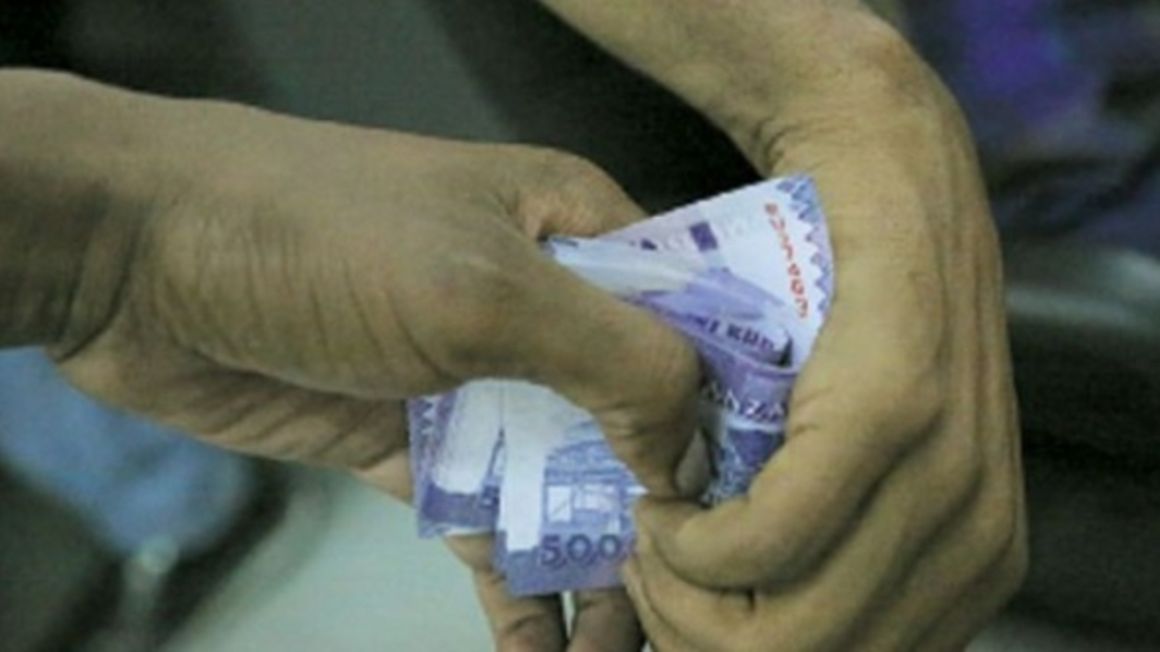
Sages down the ages have defined ‘corruption’ as “dishonest or fraudulent conduct by those in power, typically involving bribery” [Investopedia, etc].
‘Grand corruption’ is defined by the self-styled ‘Global Coalition against Corruption,’ Transparency International (TI), as “the abuse of high-level power that benefits the few at the expense of the many.
“Grand corruption often goes unpunished, as domestic authorities are usually unable or unwilling/reluctant to bring the grandly corrupt to justice...,” TI waxes lyrical! [en/news/what-is-grand-corruption-and-how-can-we-stop-it>].
Well... I came across an article on corruption by one Kennedy Chesoli, titled ‘An economist’s view of corruption’ – and published in the Nairobi-based Daily Nation on July 28, 2021.
At first, I considered the headline too common; unambitious enough to warrant attention – and was about to turn the page over when the intro grabbed my interest!
“There are times when bribing is the ONLY RATIONAL WAY TO DEAL WITH A DUMB REGIME,” the intro read. So, I succumbed to reignited interest – and read through the article thrice!
Mr. Chesoli agrees with the general definition of corruption – but notes that “bribes to individuals holding no official or government position are NOT included in that definition.”
He, therefore, considers the definition too narrow to warrant credibility.
How true, I say.
The author says that, while “some Studies have concluded that corruption leads to low economic growth, others have found it (corruption) to have little or no (adverse) impact” on economic growth.
Indeed, “empirical studies have concluded – albeit controversially – that there are instances when corruption has boosted (economic) growth... Some awfully corrupt countries have also posted impressive economic growth,” says author Chesoli, citing his mother-country Kenya as a good (bad?) example of this.
This is whereby, “despite losing KSh2 billion to corruption daily – about TSh42.96 billion – Kenya is one of the fastest-growing Economies in Africa and the world,” he avers.
Oh, I don’t know...
But, he says, “some economists argue that ... no matter how repulsive corruption may be, it has “residual value...”
For example, although the Biblical Judas Iscariot was corrupt – accepting 30 pieces of silver to betray the Lord Jesus – his role was essential, crucial to human salvation.
It is prescribed in the Holy Scriptures that Jesus would be betrayed, crucified, killed and resurrected as ‘conditions necessary’ so that He can finally come back to save the world on Judgment Day post-Armageddon!
According to Chesoli, some Economists justify corruption because “it is essential in greasing the wheels of bureaucracy.”
Indeed, some foreign investors bribe their way into investing abroad, thereby creating jobs, tech transfers, local content and socioeconomic development for the investments-recipient nations, mostly in underdeveloped/developing countries.
It is, thus, counterproductive for corrupt bureaucrats to hide the money in so-called ‘safe havens’ abroad for fear of government action against them.
By the way, not only is Tanzania losing corruption funds to foreign ‘safe havens.’ A recent study by the Legal and Human Rights Centre (LHRC) showed that Tanzania also loses over $299 million annually through tax evasion on profits made mostly by unscrupulous companies. [Nipashe, August 2, 2021; Tanzania Human Rights and Business Report, 2020/2021].
Oh, our author Kennedy Chesoli’s tale is a long, long revelation...
But, the conclusion is that bribe takers should be cajoled, encouraged and aided to invest their loot in the country, instead of ‘surreptitiously exporting it to safe havens’ abroad to avoid prosecution and persecution by “dumb regimes” in their homeland ... Cheers!





No comments :
Post a Comment